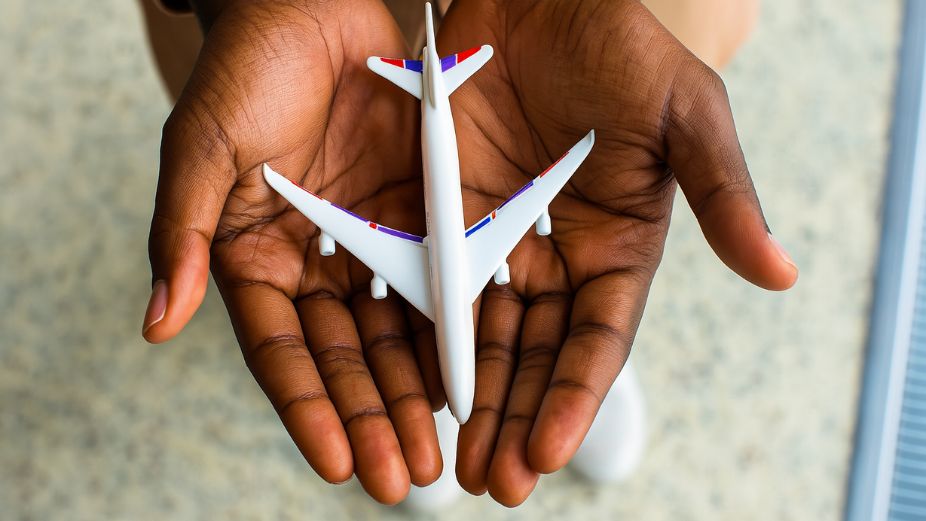
The Maldives recently signed a visa waiver agreement with the Commonwealth of Dominica, allowing Maldivians and Dominicans to travel between the two countries without a visa for stays of up to 30 days. At first glance, the announcement may seem of little consequence. Dominica is a small island nation in the Caribbean, and most Maldivians are unlikely to visit any time soon. But to dismiss the move would be to misunderstand the quiet power of diplomacy and the strategic value of strengthening a nation’s passport.
In foreign policy, not every decision is made for immediate impact. Some agreements are designed to build long-term resilience and expand a country’s global reach. Visa exemptions fall squarely into that category. Even if few Maldivians will take advantage of the new access to Dominica, the agreement plays a crucial role in shaping how the Maldivian passport is perceived and ranked internationally.
According to the latest Henley Passport Index, the Maldivian passport currently ranks 58th globally, granting holders visa-free or visa-on-arrival access to over 90 countries and territories. This includes not only regional neighbours such as India and Sri Lanka, but also small island nations and Caribbean states, many of which share common interests with the Maldives on global platforms.
Each new visa waiver agreement enhances this standing. A stronger passport offers more than ease of travel. It signals that a country is trusted, stable, and seen as a responsible member of the international community. It becomes easier for citizens to attend international forums, pursue academic opportunities, or access medical care abroad. Even routine travel becomes smoother when fewer visa barriers exist.
Critics might question the value of such deals with faraway nations where travel volumes remain minimal. There are no direct flights to Dominica, no major trade ties, and no significant shared diaspora. But diplomacy is not about immediate reciprocity. It is about positioning. Every agreement contributes to a broader network of bilateral ties, and every connection opens the door to future cooperation. For small island developing states like the Maldives, building alliances with countries that share similar vulnerabilities to climate change or development challenges can lead to stronger coalitions in international negotiations.
This agreement also reinforces the Maldives’ proactive approach to foreign policy. By steadily increasing the number of countries with which it holds visa exemption arrangements, the government is helping to raise the profile of Maldivian citizenship. It demonstrates to the world that the Maldives is open, globally engaged, and committed to building partnerships beyond geography or trade.
Moreover, a powerful passport is a matter of dignity. It affects how Maldivians are treated at borders. It reduces the frustration of lengthy visa applications, document verifications, and rejections. For those working, studying, or representing the country abroad, it can mean the difference between inclusion and exclusion.
So while most Maldivians may never visit Dominica, the agreement still matters. It is another step in a broader strategy to expand access, improve mobility, and strengthen the Maldives’ position on the world stage. It is a reminder that foreign policy, though often invisible in daily life, is working quietly in the background to make the Maldivian passport more respected and more powerful.












